How to Find a Dependable Contractor – A Checklist
You’ve probably heard a horror story or two about someone hiring a contractor and, when all is said and done, the work ended up being a shoddy job; maybe they even took the money and run. This is why it is absolutely critical to do thorough research before you hire a contractor for your next renovation.
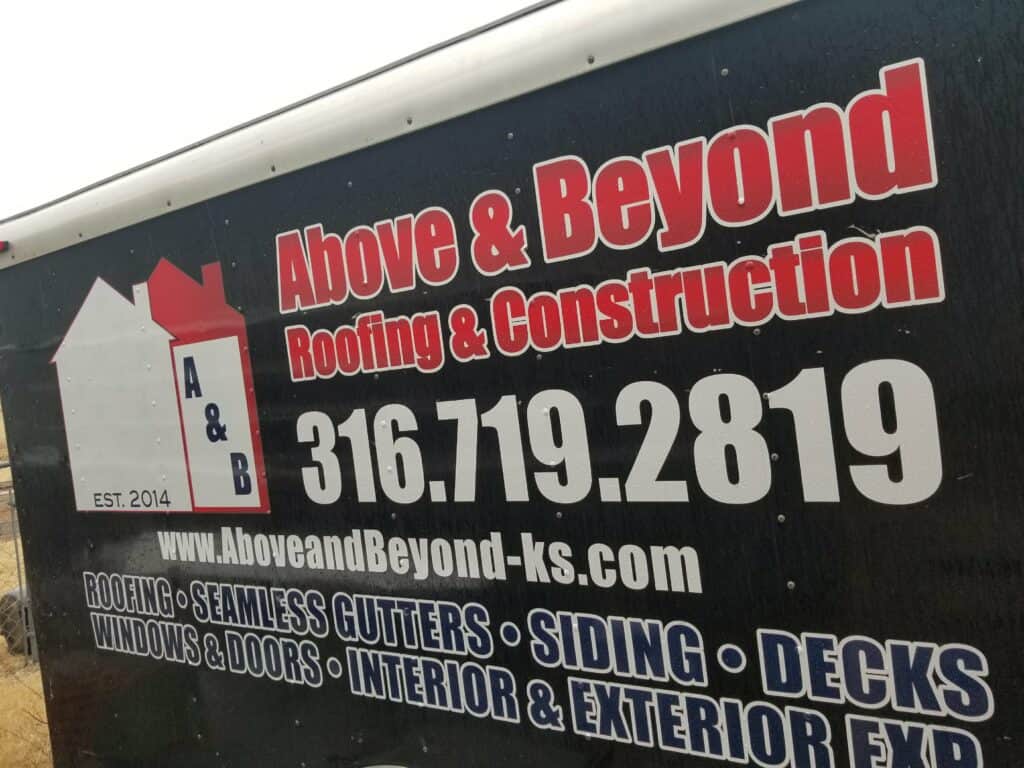
Before You Hire a Contractor…
Step 1: Ask For References
Come up with a list of potential contractors by asking trusted family and friends for references. Were they happy with the outcome? Is there anything they would have done differently? Did the job get done on time? Did they show up to work when they said they would? There is no such thing as too many questions when making such an important decision.
Take it another step further by asking your potential contractors for the names of a few clients they are currently working with. If they are willing to give you that information, contact those clients and ask how satisfied they are so far with the work being done.
Step 2: Is the Contractor Licensed?
Once you’ve got your list narrowed down to a few potential contractors, check to see if they are licensed. Each state has its own regulations regarding licensing and registration. Utilize searches on Angie’s List to see what the requirements are for your state. Also, check what the requirements are on the county level.
It’s also important to understand the difference between licensing and registration. Licensing involves passing exams and meeting certain criteria while registration is simply a written record of who is performing the work.
You should also know the difference between a contractor’s license and a business license. A contractor’s license is a specialty license obtained through testing and apprenticeships, whereas a business license is non-specialized. Anyone who owns a business has to have a business license, regardless of the type of work they do. It’s possible that your contractor needs both. Just remember a business license does not mean they are an experienced professional.
Finally, don’t just ask the contractor if they are licensed. Fact check it. Ask them for their full company name, the owner’s name, and their license number. Then call your state and verify this information. If your county has separate requirements, check with them as well.
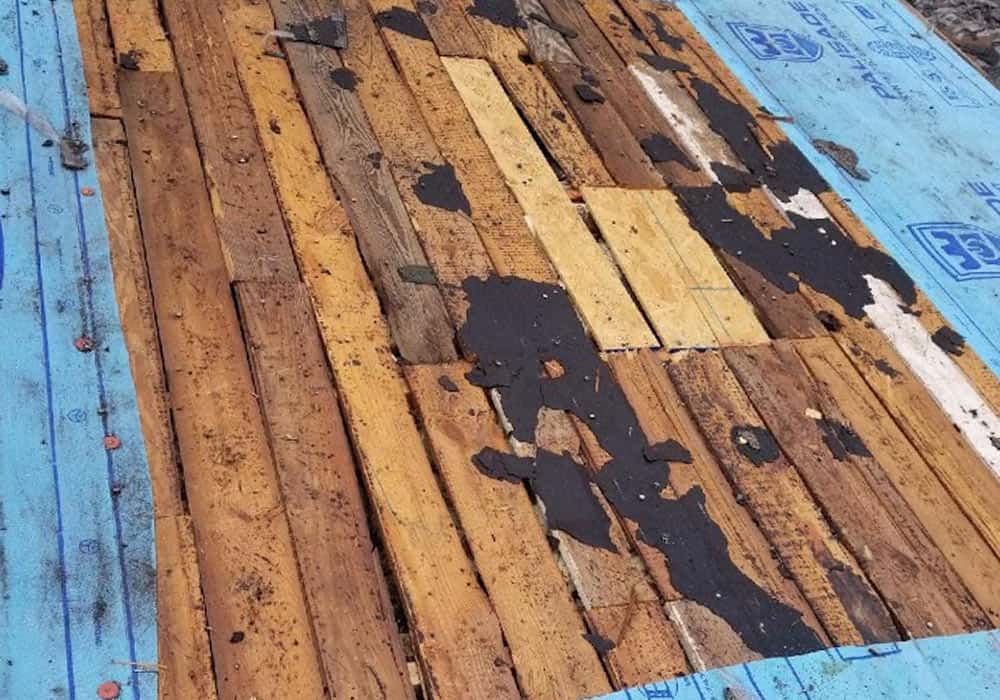
Step 3: Beware of Out-of-State Contractors
If a contractor is licensed in a state other than the one in which you live, beware of the risks. If something were to go wrong, local law can only protect you if the contractor is licensed in your state.
However, some counties and states have reciprocity agreements with neighboring governments. This means that if a contractor is licensed in state A, state B will also recognize them as being a qualified contractor. Make sure your state or county has an agreement – in writing – that the contractor is allowed to work there under their current licensing.
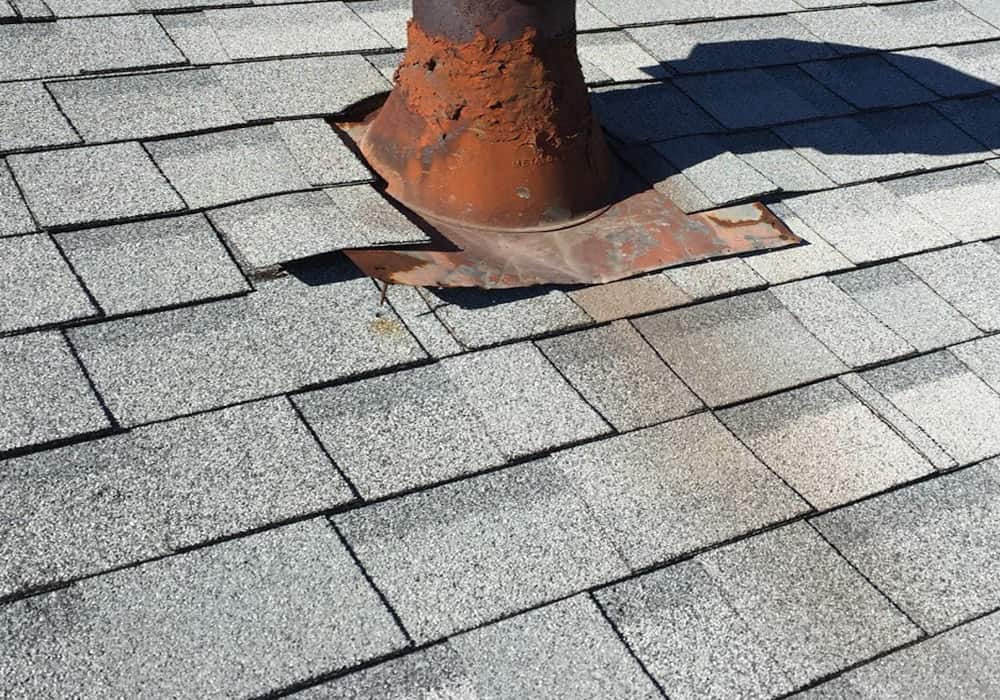
Step 4: Conduct a Background Check
While you’re on the phone asking your state and/or county about licensing, you also should conduct your background check. The same office will also be able to tell you if the contractor has any record of complaints. Have them search under both the company and the owner’s names. Some companies may change their names in order to “erase” past complaints, so do your background check on both parties. Also, check with the Better Business Bureau and your county and state consumer protection offices.
When you were previously checking for state licensing, was the contractor’s license issued to the individuals or the companies? Pay close attention to this because some unethical contractors have been known to illegally “borrow” licenses from other people. To avoid this, ask if the individual listed on the license will be directly involved in the project.
Step 5: How Long Has the Contractor Been in Business?
Find out how long the contractor has been in business. If it’s a large project, you’ll want to make sure that you’re working with a trusted, well-established company.
You should also ask the contractor how many jobs like yours they have done in their career. If you find they are not as experienced as you’d prefer, that’s okay. Move on to the next on the list.
You’ll also want to make sure that they are also covered by personal liability insurance, worker’s compensation insurance, and property damage coverage. If you want to be extra certain they are covered, ask to see their certificates of insurance and make sure they are current. Confirming they are property covered by insurance protects you from having to pay for anything that goes wrong while the work is being done.
And, if you really want to conduct a thorough check of the business’ history, contact your local courthouse and ask if the company or individual has ever been sued or has ever filed for bankruptcy. If they have, this could be a sign of an unstable company and you may want to take your business elsewhere.
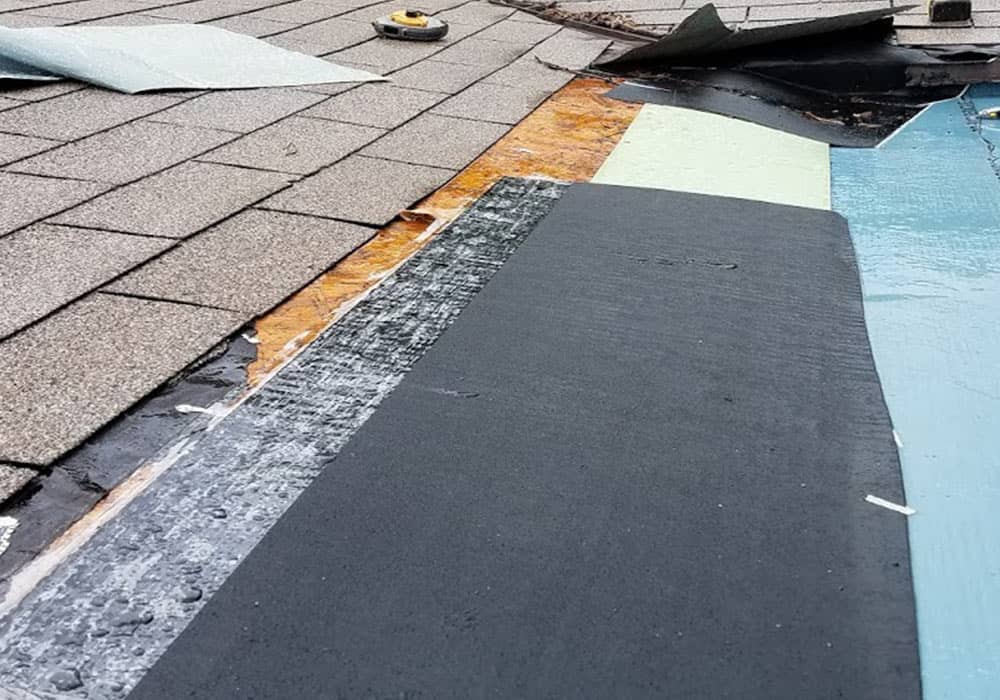
Before You Pay a Contractor…
Get Estimates
So after all of your research and background checks, you’ve hopefully narrowed it down to a few possible contractors who are going to transform your home into your own paradise. So what’s next?
First things first, ask each of them to provide you with an estimate. Some contractors may require payment for an estimate, so keep that in mind.
The way companies charge will vary. Some may charge by the day, others may charge by the job. In order to help prevent any last minute surprise charges, ask them to quote you based on the cost of the job itself in case the work takes longer than expected. Make sure the estimate is both detailed and in writing.
Get a Contract
Hopefully by this point, you’ve successfully chosen the contractor you want to work with. Now, you need to get your estimate transferred to a detailed contract. The contract should detail exactly what work will be done, the materials to be used, labor costs, any names of subcontractors, a construction schedule, a payment schedule (which we will address in the next section), completion date, lien releases, and warranties. The more specific, the better! You’ll also want to make sure the contract includes clean-up labor.
You also should be aware of any clauses in the contract that allow the contractor to up the cost without your permission. Any change orders (work that is added or deleted from the original contract) should be approved by you, in writing. Any changes should be added to the written contract.
Once you have fully read through the contract and are satisfied with its contents, both you and the contractor should sign it. If the contract is signed at your home, you have three days under the federal “cooling-off rule” to withdraw from the deal.
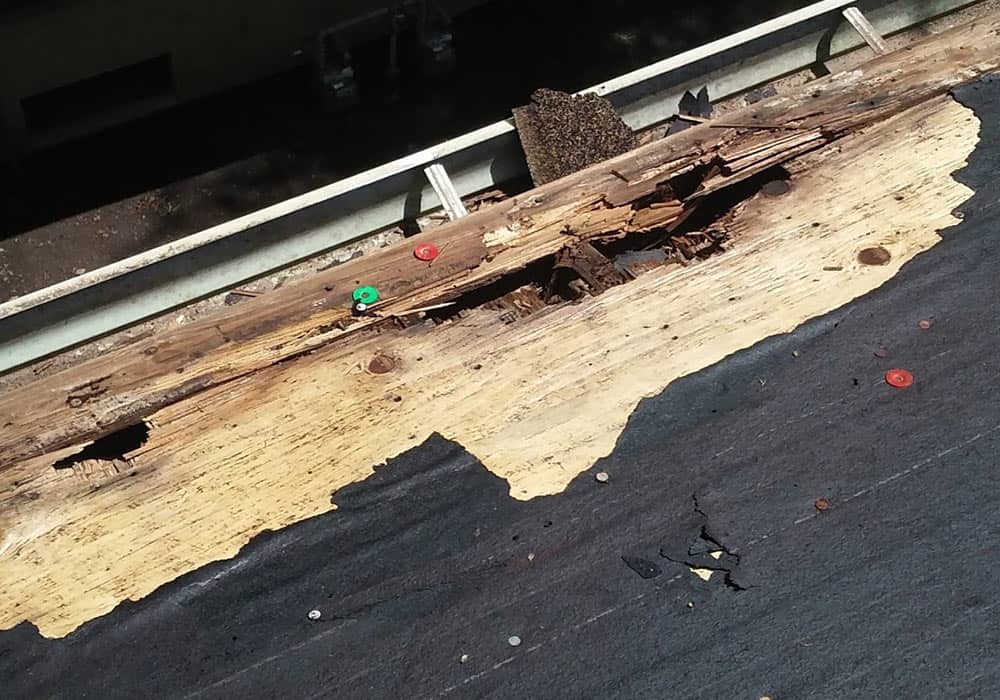
Make a Payment Schedule
One of the most important parts of your contract is the payment schedule. If you are able to get your contractor to agree to it, avoid paying any money upfront. Many contractors may not agree to this, but it’s worth it to at least ask. Some states prohibit contractors from taking more than 1/3rd of the estimated cost up front.
However, if they do require payment upfront, don’t pay your first installment until after the first day of work is completed. This will help ensure that the crew shows up and does the work promised.
The best way to schedule the rest of the payments is to base it upon the construction schedule. Set it up so that the amount of the payment closely reflects the progress of the work. Don’t let your payments get ahead of the actual work being done. If the contractor were to stop showing up to do the work or even go bankrupt, you’d be out all of that money and left with an unfinished project.
Never Pay Cash
Now that you’ve agreed to a payment schedule, it is best not to make any payments in cash. An official check issued by your bank is preferable, as it provides a paper trail of the transaction in case you run into any legal issues down the road. If you have taken out a construction loan for the work that is being done, make sure the bank issues the check to you directly, and not the contractor. The same goes for insurance checks. The insurance company should make the check out directly to you.
Once the work is done, wait a few days before you make the final payment. This will allow you to live in the space and give yourself some time to find anything that isn’t to your liking or not done correctly. Test everything. This way, if something is wrong, the contractor is much more inclined to come back and fix the issue since they are still trying to earn their fee.
Once you are completely satisfied, you should then sign a certificate of completion and make the final payment.
Things You Should Be Leery Of
- Contractors making door-to-door sales.
- Contractors who say they “just finished a job down the street” and claim they’ll give you a good deal.
- Contractors offering you a discount without saying what the original cost would be.
- Contractors who only offer contact through P.O. boxes or answering services. Reputable contractors will give you direct contact information.
- Contractors who claim you’ll receive a steep discount if you let them use your house as a “demonstrator model”. This is just a trick – you’re paying the same as everyone else.
- Contractors who try to scare you into doing something in order to make a sale (i.e. “If you don’t replace this your house will catch on fire”). Get a second opinion.
- Contractors who drive unmarked vehicles. Some states require contractors to list their license numbers on their vehicles.
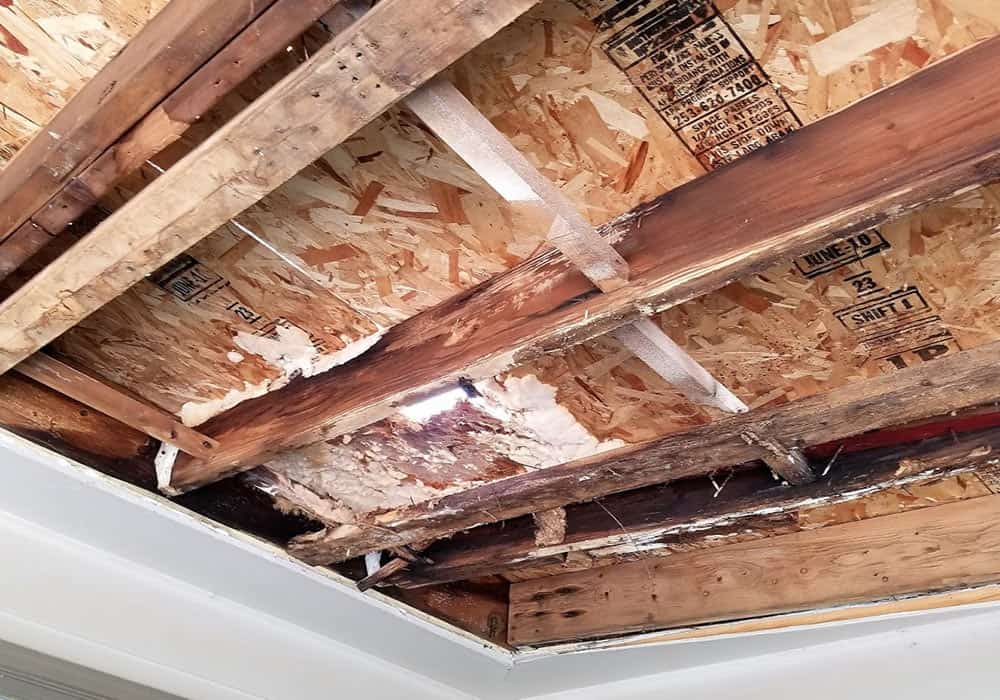
How to Make a Formal Complaint
If you are one of the unfortunate ones who was duped by a contractor, there are steps you can take to prevent this from happening to others. The most effective way to file a complaint is by going after their licensing.
Find out which agency licenses contractors in your state, and file a formal, written complaint. Possible agencies include the Home Improvement Commission, the Board of Contractors, or the Department of Licensing and Regulation. You should also file a written complaint with the Better Business Bureau and the county and state Consumer Protection Offices.
If you’ve lost a considerable amount of money and are willing, you also have to option to file a lawsuit against the contractor.
A Recap
- Find contractors through referrals from family, friends, and neighbors.
- Check to see if the contractor is licensed with both the state and county.
- Remember the differences between licenses, business licenses, and registrations.
- Conduct a background check for any history of complaints with state and county offices and with the Better Business Bureau.
- Get multiple written estimates.
- Request a detailed contract.
- Don’t pay upfront, but rather pay in increments that match the progress of the work and never pay in cash.
- Live in the renovated space before signing the certificate of completion and making final payment.
Get Started Today!
Remember, if all else fails, trust your gut. If something seems too good to be true, it probably is. There’s no such thing as being too careful when it comes to such a timely and costly commitment. Doing a thorough job of researching potential contractors before you begin will help to prevent any huge problems down the road.
For your next remodeling project, call Above and Beyond Roofing and Construction – a trusted and reputable construction company serving the Wichita, Kansas and surrounding areas. We promise you an enjoyable and stress-free experience!
Contact us today for an estimate on your next project!
or visit us at

